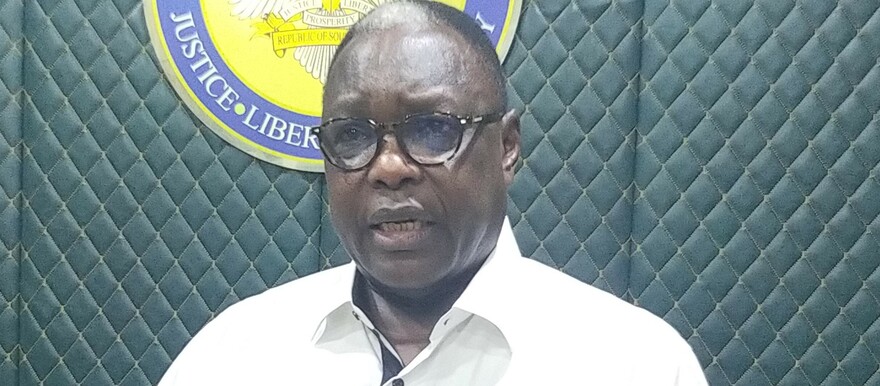The high-level committee for the implementation of the 2018 peace agreement and the roadmap said it is discussing matters related to the constitution will be used in the December general elections.
Addressing reporters shortly after the committees’ meeting in Juba, Dr. Martin Elia Lomuro, a member of the committee, said South Sudan needs a political decision on which constitution to use during the polls; hence, the committee will table the proposal to different stakeholders.
“We can make recommendations to be presented to the stakeholders, the political parties, the civil society, faith-based groups, academia and all those concerned. We will conduct a conference to explain what we have done and then ask questions, including what the things that will take us to elections in 2024 are,” Dr Elia said.
Dr. Elia, who is the cabinet affairs minister, said the point of discussion is whether to use the current transitional constitution, wait for a new constitution that is being written, or amend the current transitional constitution and use it in the polls.
“The issue is really whether we wait for the permanent constitution or amend the current constitution and amend the current act. We will discuss it as political parties. I don’t believe that there is an obstacle to using the Transitional Constitution of South Sudan, and I don’t believe that we cannot agree on the type and number to be used in the elections. If the country is to move forward, these are the issues that need political decisions,” Elia said.
Elia said the committee reviewed the status of the implementation of the peace agreement, noting that Chapter One’s implementation is almost complete, with the exception of the writing of the constitution, which will require 16 to 20 months to complete.
He further said there are two items which should be reviewed: The National Elections Act to conform with the permanent constitution and the establishment of the constitutional court, stressing that the electoral commission is now legally taking over the implementation of Chapter One.
“The National Elections Commission is taking over the process. It is also recommended in the roadmap that the National Elections Commission is now legally responsible for the electoral process. It has internal issues, internal governance regulations, administration, and so on, as well as pre-election activities. This is now the responsibility of the commission, which is waiting for a political decision, which must be made by the parties to the agreement in relation to which constitution in the absence of a permanent constitution can be used in elections; that is a matter to be discussed,” Elia said.
The national minister said they also agreed to kick off phase two of the training of the Necessary Unified Forces immediately.
“Chapter Two on security is important for our security, for the country’s security, for the physical properties of the citizens through the Ministry of Interior; now phase two is coming up, we agreed on a time schedule given a brief by the chair of the National Transitional Committee that Phase Two will now start and we will usher it in. We believe this will be completed before December 2024,” he said.
Dr. Elia revealed that in Chapter Three on the issue of returnees, the committee considers that the issue of refugees and returnees will not affect the conduct of general elections.
“We went through Chapter Three on the issue that relates to IDPs, returnees and refugees and there are 19 items in that annex, which we went through and the Minister of Humanitarian Affairs was given the opportunity to give us the details, this is not a chapter that affects elections,” Dr. Elia said.
South Sudan is expected to hold elections in December this year. For the first time, South Sudanese will get the chance to vote for a president, members of parliament, and several local offices.
According to the National Elections Act, voter registration will begin six months before elections.




